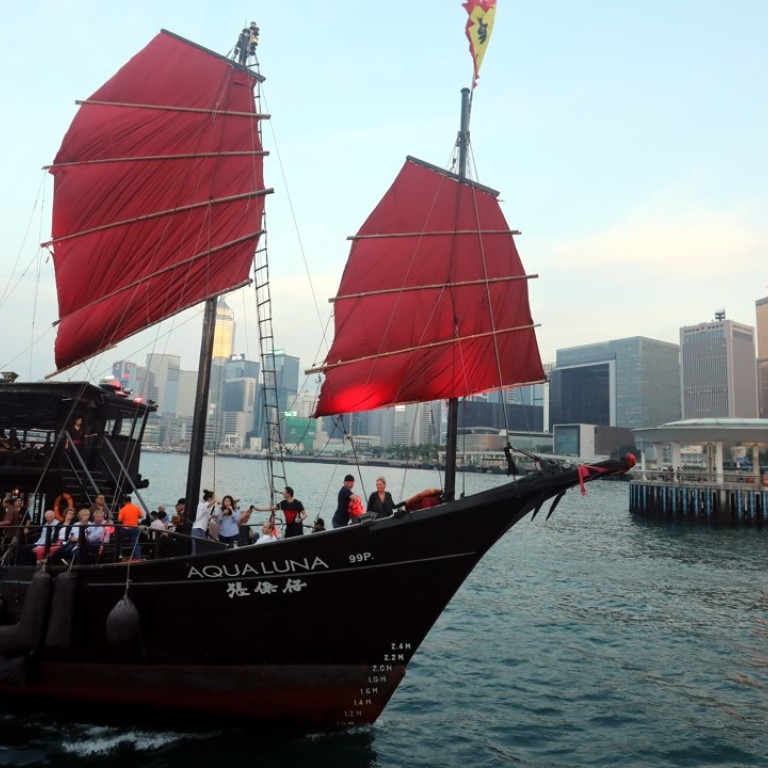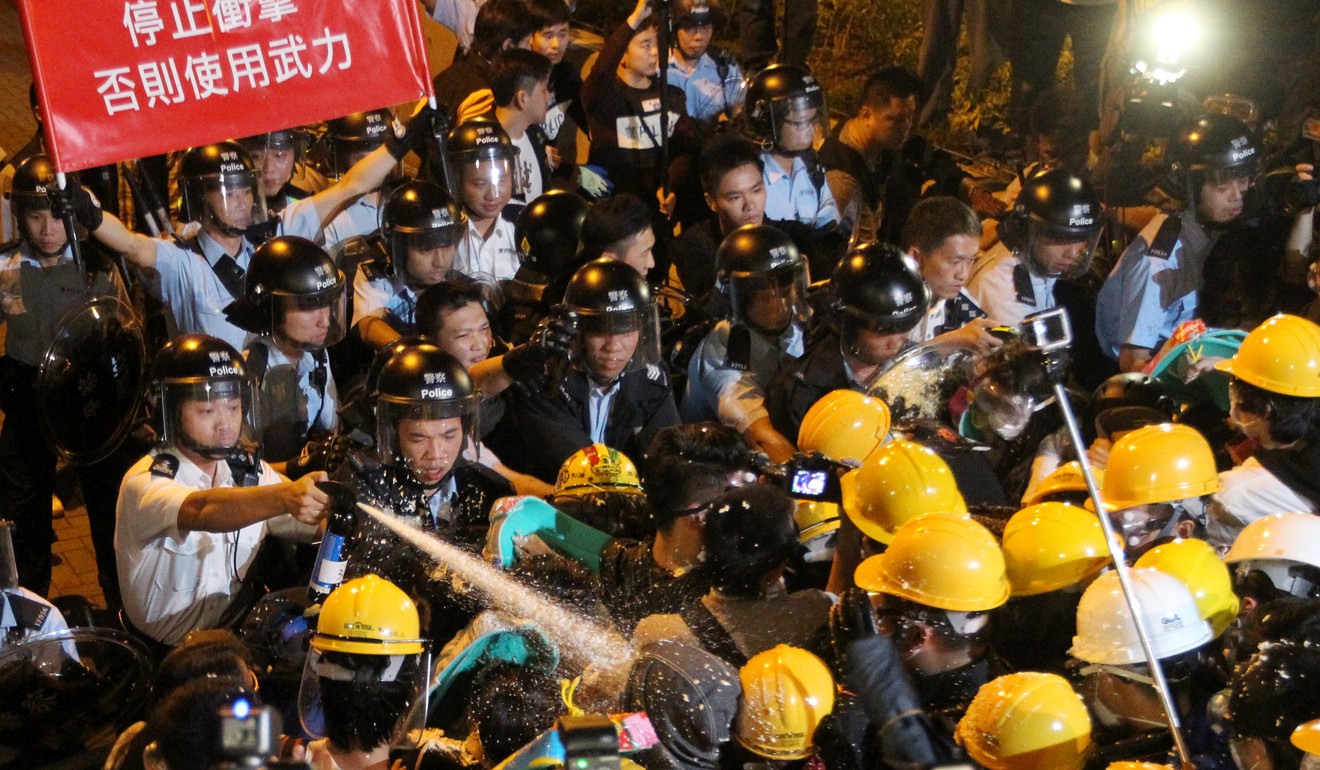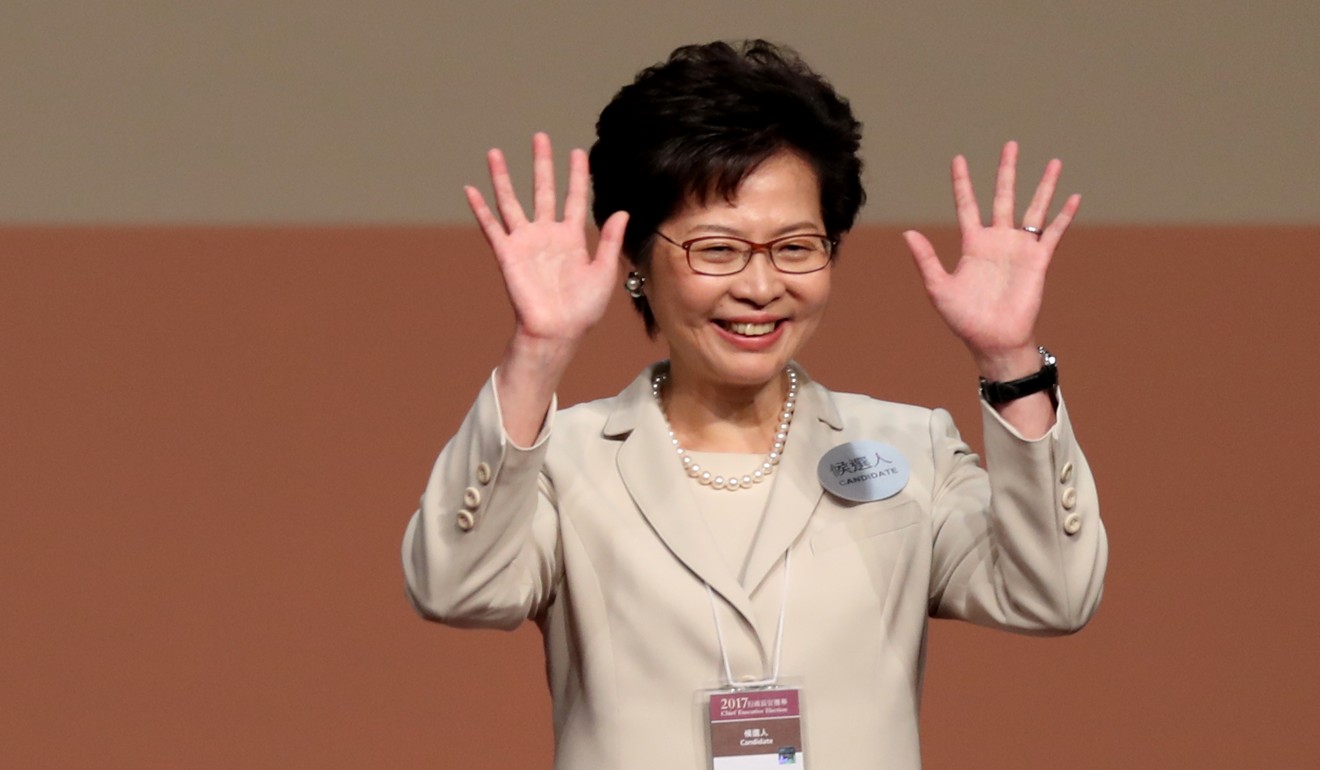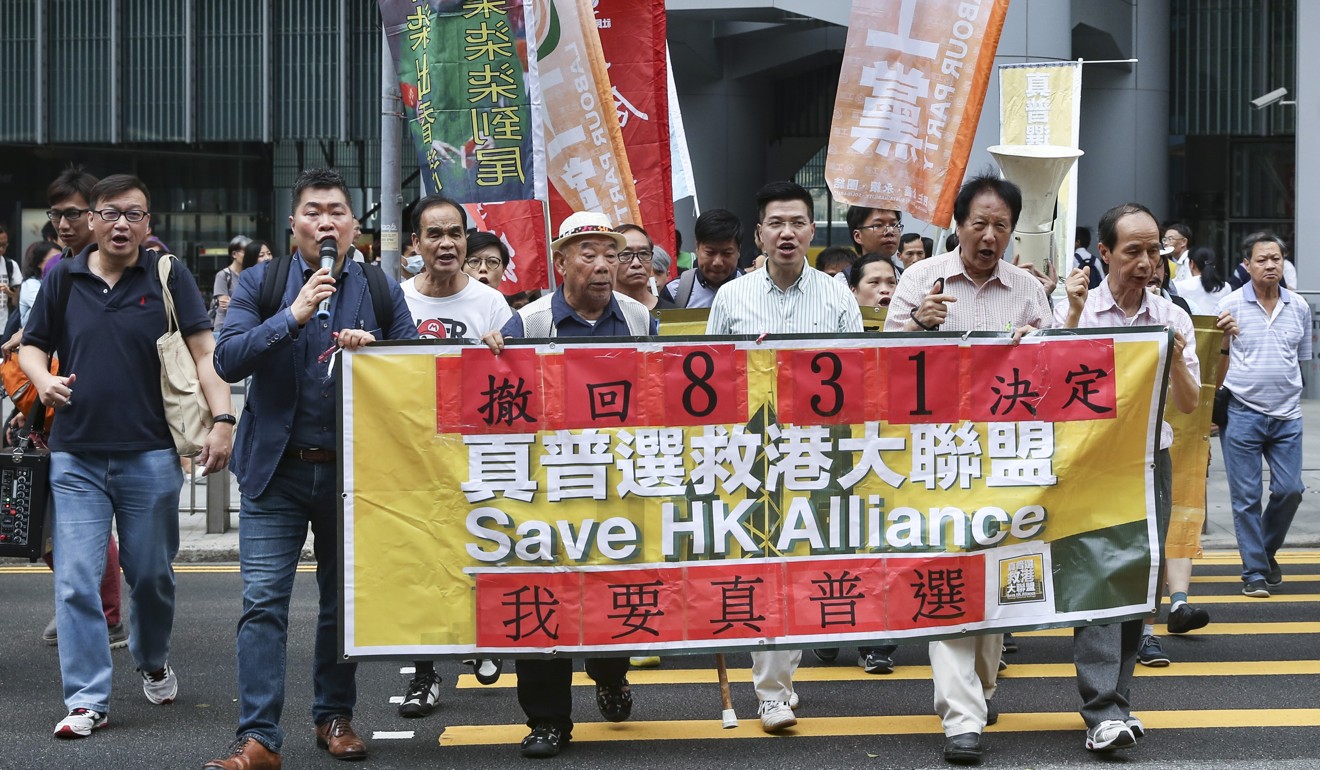
No longer China’s super connector, will Hong Kong show the calibre to adapt and thrive?
Regina Ip says the task ahead for Hong Kong, which has always bounced back from historical challenges, is to best utilise its unique advantages and prosper in the new order amid rising mainland rivals
In the post-war years, Hong Kong has benefited from the restoration of peace, but it has also had its fair share of social and economic upheavals.
The reality is sinking in that perhaps Hong Kong people are incapable of ruling Hong Kong
On many such occasions, Hong Kong’s leaders said to the world: “Don’t write off Hong Kong. Hong Kong will bounce back!” And it certainly did.
After every crisis, the property market and the Hang Seng Index never failed to bounce back. Now both are at or near historic highs. Yet, there has never been more anger and disillusionment among young people. It has never been harder for the administration to forge a consensus on any issue or to move forward on any developmental projects.

‘One country, two systems’ for Hong Kong could be scrapped if it is used to confront Beijing, official says
After all, democratic development here is a relatively recent phenomenon. Before 1997, the colonial masters had always called the shots. So why such anguish over Hong Kong’s inability to control its destiny? Perhaps it is because expectations have been too high over “Kong Kong people ruling Hong Kong”; too much hype about Hong Kong being the “dragon head” of the Pearl River Delta or China’s “super-connector”.
Missing in action are political leaders with a passionate commitment to Hong Kong
Twenty years after the reunification, the reality is gradually sinking in that perhaps Hong Kong people are incapable of ruling Hong Kong, and it is not the regional leader that it purported to be.
The city has nurtured many world-class business leaders and professionals. Yet, as scholar Dr Derek Yuen Mi-cheung pointed out, before 1997 the local government had done well as an “administrative state”, faithfully doing its masters’ bidding.
Post-1997, the local administration has soldiered on as a “managerial state”, providing continuity and certainty in managing the day-to-day affairs of the city. Yet, it has never successfully morphed into a “political state”, producing political leaders who show real leadership and can restore confidence.
Carrie Lam’s top choice for Hong Kong justice secretary turns down job

Nor is there much point in hyping Hong Kong as the “dragon head” of the Pearl River Delta or the nation’s “super-connector”. The latter epithet increasingly rings hollow, as more and more Chinese cities are hooking up with cities in the West as “sister cities”. Many a Chinese mayor has been to the Silicon Valley or Israel in pursuit of the holy grail of innovation, without the help of Hong Kong.
What the city needs to do is wake up to the new realities – you no longer monopolise the China trade; you have lost your intermediary functions in many ways; your position as a regional aviation, trading, transport and shipping hub is under threat.

You account for only roughly 2 per cent of China’s gross domestic product, compared to a quarter at the zenith of Hong Kong’s prosperity. As an “inalienable part” of China as opposed to being a “dependent territory” of Britain, you are much more of an integral part of a large and highly centralised, unitary state than you had ever been in relation to Britain. There has been a fundamental paradigm shift and Hongkongers need to learn to play by the new rules of the game.
Does the city have enough people with true grit and talent who can thrive in the new order?
This is not to suggest that the world or the rest of the nation should write off Hong Kong. Hong Kong still possesses many unique advantages. It is the most international city in China, with a freely convertible currency and free movement of people, goods, capital and information. Its position as the sole international financial centre in China remains unrivalled. Its geography has not changed – it is strategically located on the South China coast, enjoying an advantageous position along China’s new, 21st century maritime silk road.
It also has considerable soft power – its prevalent dialect, Cantonese, connects it to Guangdong, Guangxi, and many Cantonese-speaking Chinese communities around the world. Above all, it is probably one of the few communities in the world which is steeped in Western values but also understands the Chinese mind.
Regina Ip Lau Suk-yee is a lawmaker and chairwoman of the New People’s Party

